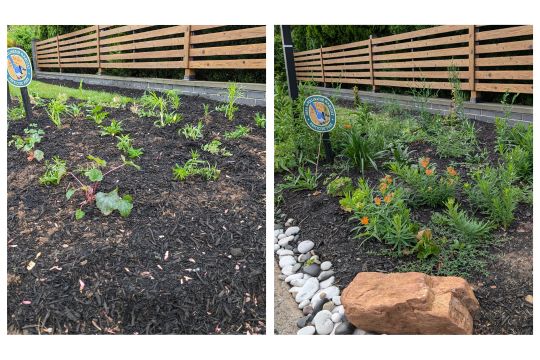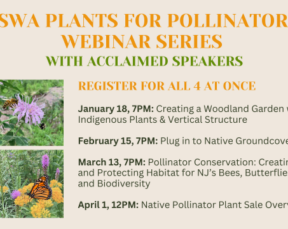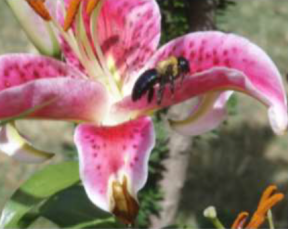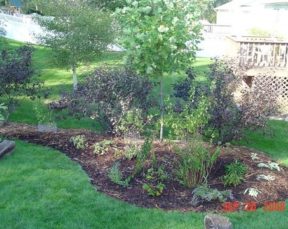Our 4th annual Plant for Pollinators program prompted quite an enthusiastic response from the community with a huge turnout for pollinator education! Garden enthusiasts from beginner to expert enjoyed four free monthly webinars led by nationally recognized experts in the field of pollinator conservation. After our popular plant sale, we wrapped it all up with an interactive Q&A webinar. From January’s kickoff to April’s finale, this program inspired hundreds of people to learn more about our pollinators and how to attract these essential creatures to our backyards.
What great news for our pollinators!
The primary mission for this annual program is to help create vital pollinator habitat throughout the watershed by engaging the community in high-quality native plant education. This year’s program inspired 514 people to plant native pollinator gardens around the region.
“We are excited by the addition of so many new native pollinator gardens,” said Hazel England, Director of Education, Outreach, and Land Stewardship. “These backyard community gardens act like steppingstones which allow pollinators places to forage and feed. They provide connectivity between larger protected patches of native habitat and offer the base of native food chains supporting our backyard biodiversity.”
Since our inaugural plant program series in 2021, the impact has increased significantly. In just four years, the total number of native plugs (young plants) making their way into the ground has nearly doubled.


2024 Plant for Pollinators program by the numbers:
25,700 individual native plant plugs found their way to 514 gardens in 126 different municipalities.
- 2,000+ people have viewed one or more editions of our Make Way for Pollinators newsletters.
- 516 webinar attendees benefited from this educational series hosted by native plant and pollinator experts.
- 109 gardeners and like-minded volunteers rolled up their sleeves to help prepare the orders for pickup.
- 25 municipal and non-profit community partners publicized this program within their communities and helped organize the rollout.
- 14 pick-up locations, staffed by our pollinator partners, helped minimize travel time to get these plugs into the hands of our local gardeners.
The Importance of Native Plants
“Why is it important to plant native species versus exotic or non-native plants?” posed Ginger Van Ryzin, GSWA Education and Stewardship Associate. “Healthy insect populations are a foundation of the food web. Pollinator insects require native plants for nectar and pollen and to lay their eggs and feed their larva. For example, Monarch butterfly eggs and caterpillars solely depend on native milkweed. Other wildlife such as birds may eat the fruit and seeds of non-native or invasive plants, but their nutritional needs may not be fully met.”
Getting Involved
Part of GSWA’s core mission is to improve habitat by educating residents and members about the importance of pollinators in the ecosystem and helping biodiversity throughout the watershed. If you missed any of our Plant for Pollinators webinars or would like to revisit them, please email nrago@greatswamp.org for a link to the recordings.
Webinar Recordings
January 18: Creating a Woodland Garden with Indigenous Plants & Vertical Structure – Host: Jean Epiphan, agricultural and resources agent and assistant professor with Rutgers Cooperative Extension in Morris County
February 15: Plug in To Native Groundcovers – Host: John Courtney, owner of Kind Earth Nursery and the supplier of many of the plugs used in GSWA’s Plant for Pollinators sale
March 13: Pollinator Conservation: Creating and Protecting Habitat for NJ’s Bees, Butterflies, and Biodiversity – Host: Kelly Gill, Pollinator Conservation Specialist with Xerces Society
April 1: Plant for Pollinators – Plant Sale Overview – Host: Ginger Van Ryzin with GSWA
April 11: Plant Program Panel / Q&A – Host: Three local, experienced native plant enthusiasts answer questions and share advice about choosing, planting, growing, and sustaining native plants.
Looking Ahead
Turning a plain lawn into a biodiverse paradise for pollinators may seem daunting at first, but GSWA is here to help gardeners of all experience levels. Check out our online resources HERE and mark your calendar for next year’s Plant for Pollinators program starting back up in January. Stay tuned!



